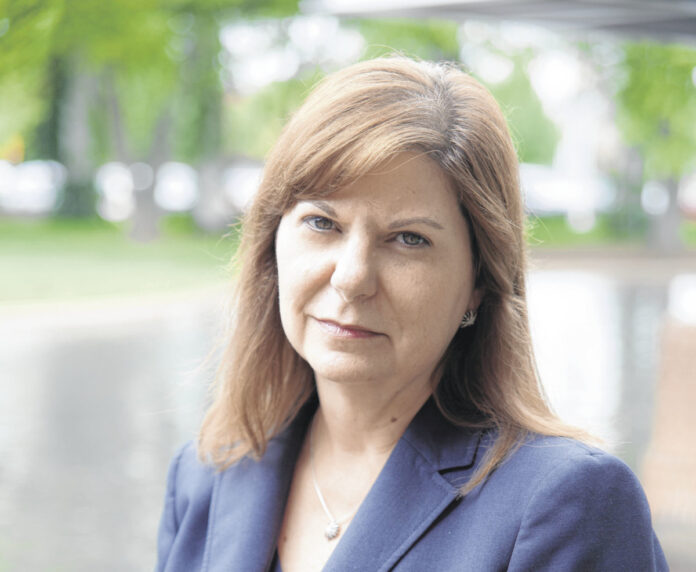In today’s world, there is a constant need to ensure the safety of data — whether it belongs to a single person or a larger company — while still being able to share that information when necessary.
And, as the old cliché says, necessity is the mother of invention.
In June, the Indiana-based company Mockingbird Ventures LLC was awarded a United States patent for its DEXUSshield technology, which allows organizations to encrypt data and share certain information with different users based on permission levels.
“The patent, ‘Method and Apparatus for Managing Encryption Keys and Encrypted Electronic Information on a Network Server,’ is a cloud-based and on-premises electronic data collection and exchange system capable of storing, processing, protecting and sharing encrypted electronic data,” the company said in a release.
“It allows people to share encrypted data without having to share their private encryption keys,” explained CEO and co-founder Lori Cobb, former vice president of customer solutions at Cummins. “And it does that by segmenting where things are stored and by encrypting the keys. And they’re never held in the same place.”
Cobb said that often, for security, an entire application database is encrypted. However, with DEXUSshield, companies can use “field-level encryption.” Information is encrypted prior to being stored on the system and is decrypted based on the permissions granted to each individual. Organizations are able to choose which fields are encrypted so that the user can’t see certain information.
“If you wanted a payroll employee, for example, to have access to all of the employee information but maybe not social security numbers, you could encrypt at that level so that they wouldn’t see an individual field in the application,” Cobb said.
She added that this technology could also be helpful for sharing select medical data.
The company came up with the system by looking to meet certain needs in the equipment industry, Cobb said. Equipment fleets wanted to share some of their information, but not all, with telematics providers and equipment manufacturers.
As the technology was developed, the company realized that it also could apply to a larger range of situations.
“It went in a little bit different direction with being much more broad than what we anticipated, but we’re excited about it,” Cobb said.





